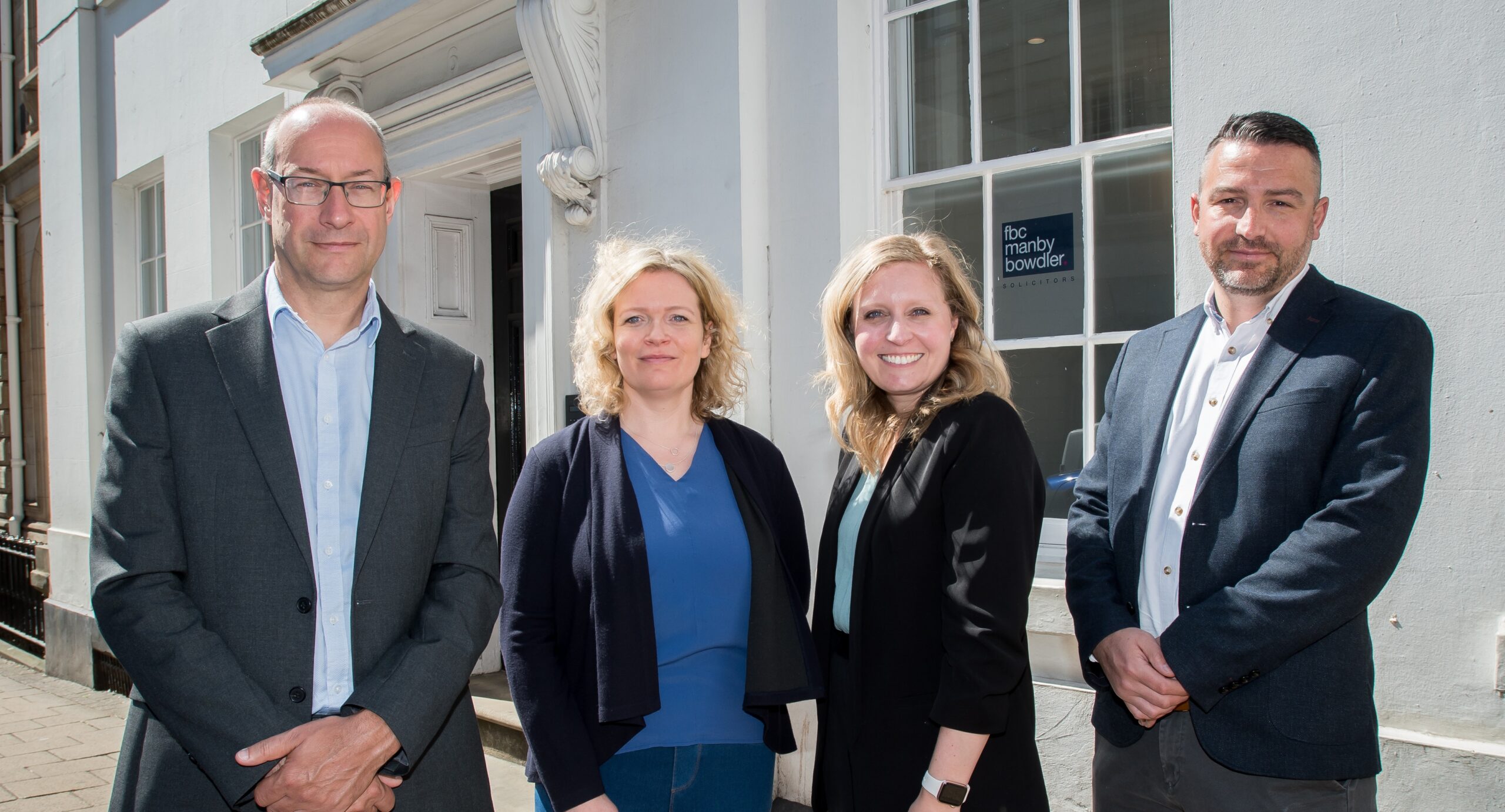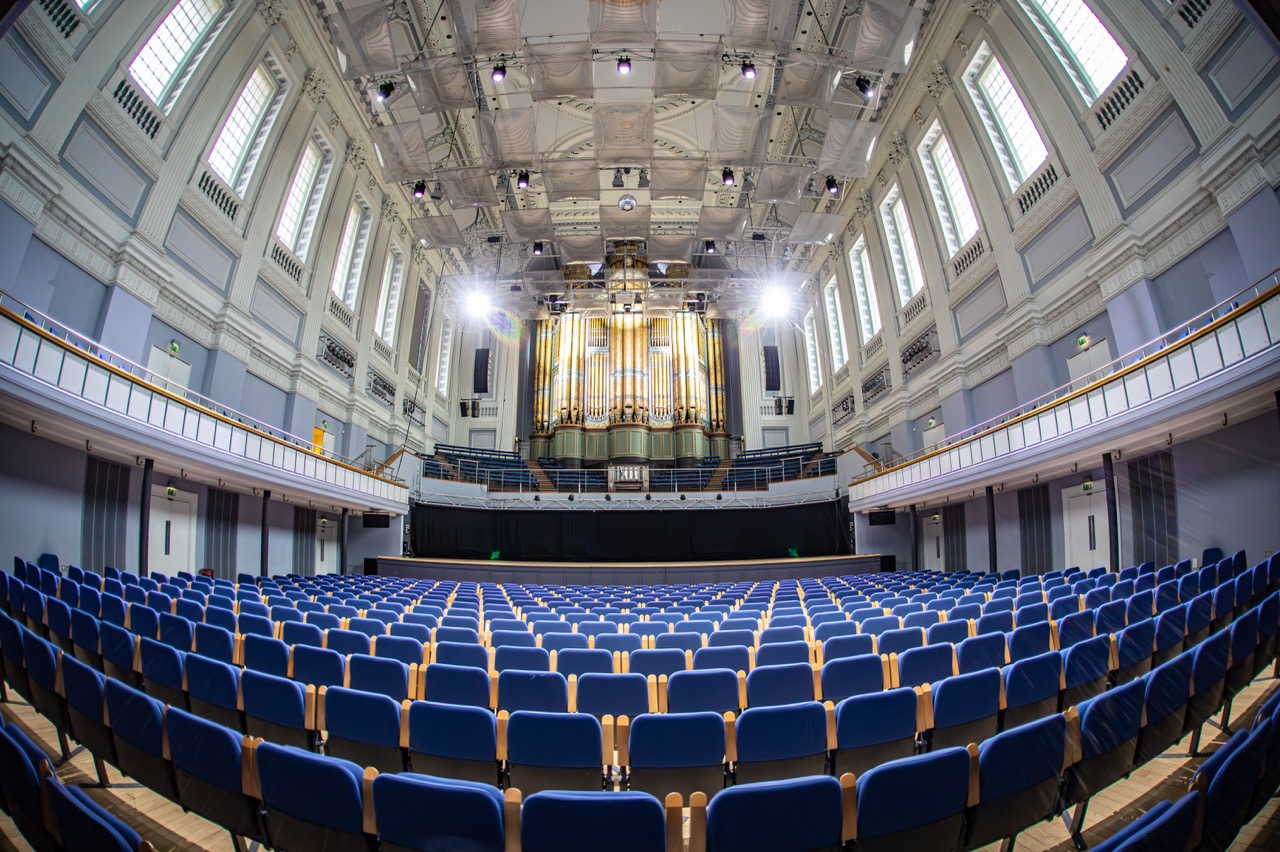Launch of Future City Plan can see Birmingham become ‘15-minute city’ says Savills director
18 February 2021
The future development of Central Birmingham ‘needs the city to be more things to more people’, according to Michael Davies, planning director for Savills in Birmingham.
Mr Davies, whose comments follow the launch of Birmingham City Council’s ‘Future City Plan’, welcomed the ambitious plans and believes that, through strategic planning and development, Birmingham could become a ‘15 minute city’ – a concept in which daily necessities, such as work, shopping, entertainment, schools and recreation, are all within a quarter of an hour’s walk or cycle from your home.
Birmingham has undergone significant development in recent years, with large investment into its transport links both into and within the city itself and research from Savills has shown that residential values increase around new transport infrastructure in Birmingham, as well as in Manchester and London.
Following the Metro’s extension from St Chads to Grand Central in 2016, house prices within 500m of Metro stations grew 5% faster than values between 1km and 2km away. Savills estimate that new Metro and rail stations in Birmingham could trigger a house price uplift of 0.7% per year, having observed similar effects in London around the Jubilee Line extension (2.5% uplift per year) and around Manchester Metro stations (1.5% uplift per year).
“People are willing to pay more for properties with greater connectivity,” says Davies. “But the value uplift also reflects other improvements triggered by the infrastructure improvements. Often, opening new transport links will attract new businesses to an area such as shops, cafes, and restaurants, which make the local area more appealing. By reducing reliance on cars, these areas become less congested.”
Davies adds: “We expect to see this play out shortly along the Eastside extension to the Midland Metro. On completion, 1.7km of track will connect new stations at High Street Deritend, Meriden Street, New Canal Street and Albert Street to the wider Metro network and the planned HS2 terminus at Curzon Street. Those new stations could unlock development in areas that weren’t previously viable. As a city, we need to encourage joined up, mixed-use development to maximise the positive impact of these improvements.”
However, Davies believes any future development should utilise some of the city’s current infrastructure and widen the type of accommodation available.
“Through introducing a more varied selection of accommodation in the city, the creation of spaces that promotes green space and family living, and moving away from a focus on student and apartment living, Birmingham could quite conceivably become a 15 minute city within the next 20 years,” says Davies.
“This new spirit of city living doesn’t mean you’ll never have to travel, but having the services and amenities you need nearby helps cut down on unnecessary journeys – something that has been highlighted by the coronavirus-driven switch to home working for many of us. Some of the best cities in the world are those in which you can easily navigate and I firmly believe that Birmingham can achieve this as part of the Council’s future vision. We have a fantastic canal infrastructure running through the city and we should be incorporating it as more of a focal point that is central to new commercial developments. Fundamentally though, it has to be more things to more people.”
Over two thirds (69%) of homes built within the Birmingham local authority between 2017 and 2019 were flats, compared to just 45% of homes built between 2014 and 2016. There has also been a rise in apartment delivery across the wider West Midlands Combined Authority (WMCA) too.
This shift toward flats reflects the location of those new homes. The proportion of new homes delivered in central Birmingham doubled from 2014–16 to 2017–19, fuelled by developments such as The Kettleworks in the Jewellery Quarter and Fabrick in Digbeth. Over 1,000 new homes are planned at both Digbeth Bus Garage and the Digbeth Estate, with substantial further development planned for the north of the city centre.












